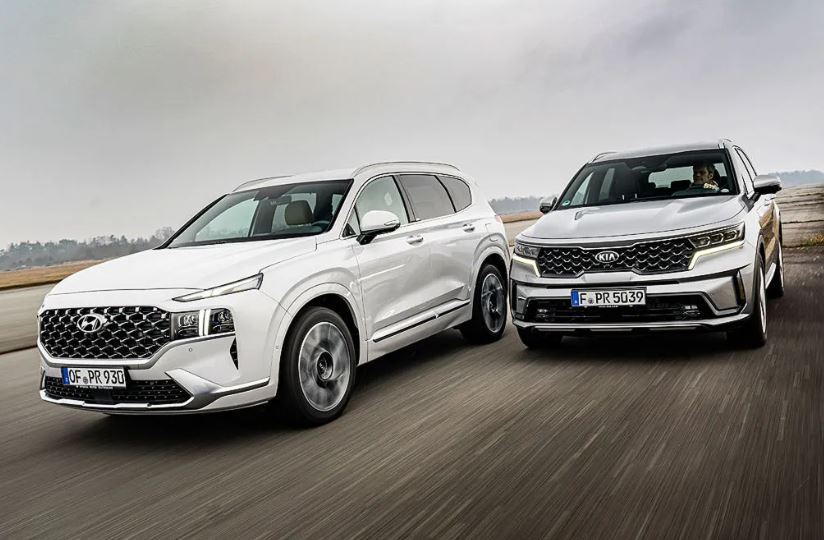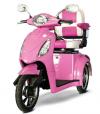2025 Ends ICE Sorento & Santa Fe Cars

2025 Ends ICE Sorento & Santa Fe Cars
The Hyundai Motor Group is currently in the development phase for the next-generation Sorento and the upcoming facelift of the Santa Fe. Notably, these new models will mark a significant shift as they won't feature traditional gasoline engines, aligning with the company's commitment to eco-friendly alternatives.
Hybrid Focus for Future Lineup
In response to the stringent emission standards set by the European Union (EU), Hyundai Motor Group plans to exclusively offer hybrid or plug-in hybrid vehicles in its upcoming lineup. This move aims to comply with the EU's Euro 7 emission norms, reflecting the company's dedication to reducing pollutants.
Electrification Starting with SUVs
The Santa Fe, already available in South Korea, currently offers various powertrains, including gasoline, gasoline turbo, and hybrid options. The revamped Sorento follows suit, with a lineup that includes a diesel model. The emphasis on hybrid technology is expected to become standard, starting with these SUV models and later expanding to sedans like the Elantra and Grandeur.
Accelerated Electrification Timeline
Driven by the EU Commission's deadline of July 2025 for implementing the Euro 7 regulations, Hyundai Motor Group is rapidly advancing its electrification efforts. The focus begins with SUVs due to their higher pollutant emissions compared to sedans. Hyundai is even working on a Grandeur PHEV set to be available by 2025.
Euro 7 Regulations and Industry Challenges
The Euro 7 regulations, set to tighten emissions limits, pose challenges for the automotive industry. By 2025, all passenger cars sold in Europe must significantly reduce nitrogen oxide emissions. Manufacturers, including Hyundai, are grappling with the need to strengthen gasoline models, install gas reduction devices, and absorb increased vehicle prices.

Industry Opposition and Simplification Attempts
The European Association of Automobile Industries (ACEA), representing major brands like Mercedes-Benz, BMW, and Volkswagen, opposes Euro 7 due to its significant impact on costs. The European Commission is exploring ways to simplify the regulations, recognizing the challenges faced by the industry in a complex geopolitical and economic environment.
Critical Industry Perspective
While the European Parliament seeks a more realistic approach to Euro 7, ACEA Director General, Sigrid de Vries, emphasizes the challenges faced by the auto industry. The cost and technical feasibility of new emission targets, including brake and tire emissions relevant for electric vehicles, remain key concerns as the industry undergoes a transformative period.
Hyundai Motor Group
NextGeneration Vehicles
Euro 7 Emission Norms
Hybrid Technology
SUV Portfolio
Automotive Industry Challenges
European Union Regulations
Hyundai Sorento
Hyundai Santa Fe
Related Auto News Updates
Latest Discussions
Comments
















Add a Comment "2025 Ends ICE Sorento & Santa Fe Cars"